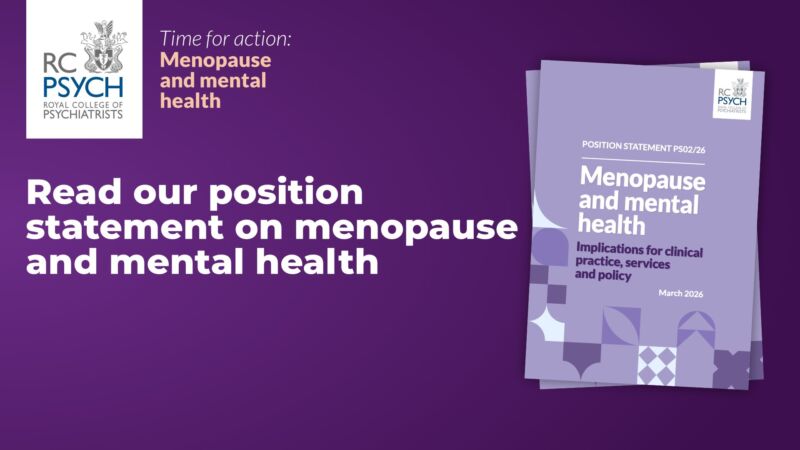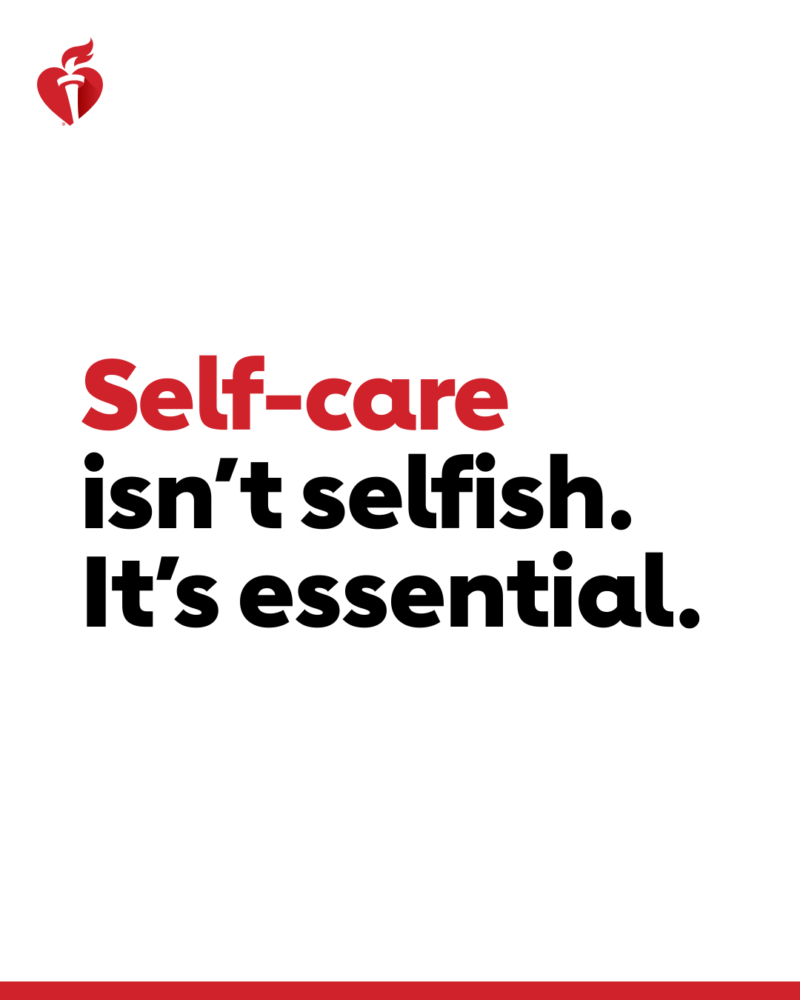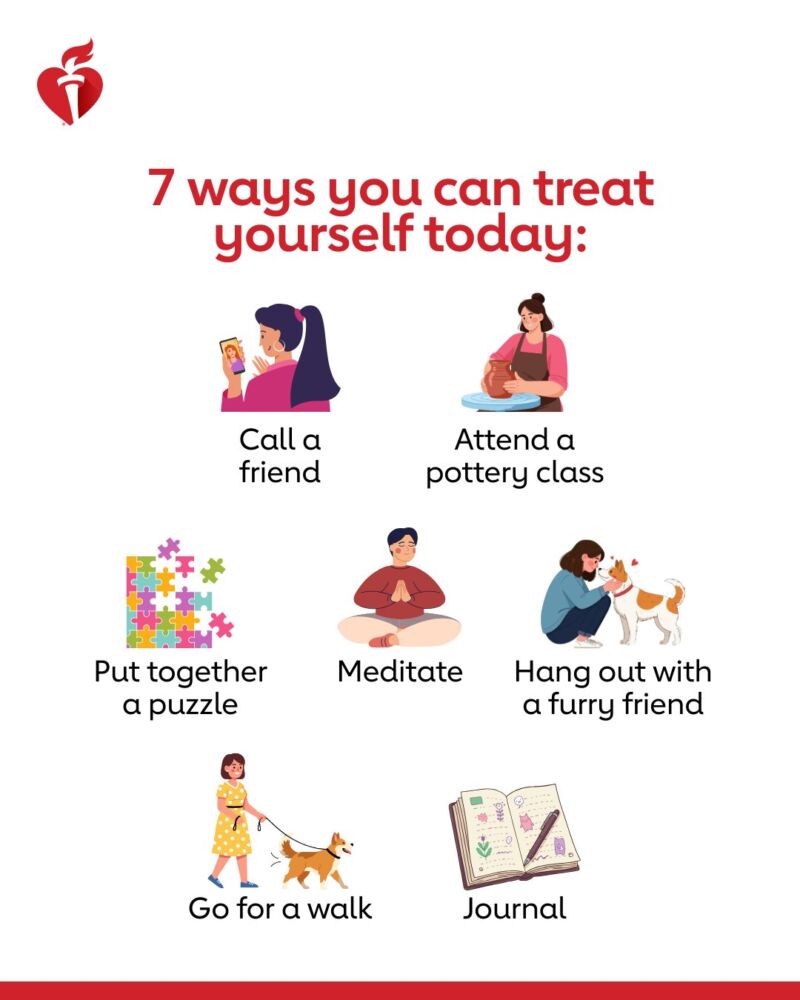March 1, 2026
Menopause News 2026 What’s Hot showcases some evidence-based menopause news by menopause societies and international sources for March and February 2026. Menopause News March 2026 What’s Hot What is some Menopause News March 2026 What’s Hot? Your Country may have Links similar to: LinksThis Links List to third party websites is neither comprehensive nor exhaustive. […]
March 1, 2026
Menopause News 2025 What’s Hot showcases some evidence-based menopause news by menopause societies and international sources for November and December 2025. Menopause News December 2025 What’s Hot What is some Menopause News December 2025 What’s Hot? Your Country may have Links similar to: LinksThis Links List to third party websites is neither comprehensive nor exhaustive. […]
March 1, 2026
Complementary and Integrative Health and Menopause Snapshot can be a place to start if you are searching for information about complementary and integrative health and menopause.
March 1, 2026
Early Menopause Snapshot can be a place to start if you are searching for information about early menopause.
March 1, 2026
Hormone Therapy Alternatives Snapshot can be a place to start if you are searching for information about hormone therapy alternatives.
March 1, 2026
Menopause Videos 2026 What’s Hot showcases some evidence-based menopause videos by menopause societies and international sources. European Menopause and Andropause Society (EMAS) EMAS On-Demand Webinars [Multiply Languages] EMAS On-Demand Webinars [European Menopause and Andropause Society] [Multiply Languages]: Menopause and Mental Health: Managing Anxiety, Depression, and Cognitive Changes [19 February 2026] EMAS On-Demand Webinars [European Menopause […]
March 1, 2026
Hormone Therapy Snapshot can be a place to start if you are searching for information about hormone therapy (HT), hormone replacement therapy (HRT) or menopausal hormone replacement therapy (MHT).
March 1, 2026
Menopause Videos 2025 What’s Hot showcases some evidence-based menopause videos by menopause societies and other international sources. European Menopause and Andropause Society LinksThis Links List to third party websites is neither comprehensive nor exhaustive. Inclusion on this Links List does not imply endorsement or recommendation. Non-inclusion on this Links List does not imply non-endorsement or […]
March 1, 2026
Hot Flushes Snapshot can be a place to start if you are searching for information about menopausal hot flushes or hot flashes.
March 1, 2026
Menopause In Multiply Languages Snapshot can be a place to start if you are searching for information about menopause in multiply languages.
March 1, 2026
Menopause Management Snapshot can be a place to start if you are searching for information about menopause management.
March 1, 2026
Menopause Snapshot can be a place to start if you are searching for information about menopause.
March 1, 2026
Perimenopause Snapshot can be a place to start if you are searching for information about perimenopause.
March 1, 2026
The theme for World Menopause Day is usually announced by the International Menopause Society closer to World Menopause Month held in October. World Menopause Day When is World Menopause Day (WMD) held? In World Menopause Day 2025: The History of World Menopause Day 2025 the International Menopause Society (IMS) explain: “World Menopause Day is held […]
March 1, 2026
World Menopause Day When is World Menopause Day (WMD) held? In The History of World Menopause Day 2025 the International Menopause Society (IMS) explain: “World Menopause Day is held every year on the 18th of October”. World Menopause Day Theme 2025 What is the WMD theme 2025? The WMD theme 2025 is: Health Topics A-Z […]
March 1, 2026
Postmenopause Snapshot can be a place to start if you are searching for information about postmenopause.
March 1, 2026
Premature Menopause Snapshot can be a place to start if you are searching for information about premature menopause.
February 14, 2026
Endometriosis after menopause, usually goes away. However, “Some women continue to experience endometriosis symptoms after menopause”.
January 26, 2026
During perimenopause, or before menopause, apart from mood changes such as anxiety, the menopause blues and mood swings, we may also experience changes in our PMS (premenstrual syndrome).
January 24, 2026
Cervical Cancer, Uterine Cancer and Bartholin’s Cyst have been in the news. Cervical Cancer is not the same as Uterine Cancer. Bartholin’s Cyst is also different from both of these gynecologic cancers. Cervical Cancer What is cervical cancer? Depending on the Source (DotS) the definition of cervical cancer may vary. In About Cervical Cancer the […]
January 10, 2026
Cervical Health Awareness Month 2026 is January in the United States and Cervical Cancer Prevention Week is 19 – 25 January 2026, in the United Kingdom. January is Cervical Health Awareness Month What is the (United States) January is Cervical Health Awareness Month? In January is Cervical Health Awareness Month the (United States) National Cervical […]
January 1, 2026
Maori: Menopause What Are the Symptoms? and Maori: What Is Menopausal Hormone Therapy (MHT) and Is It Safe? infographics are now available.
August 24, 2025
Have you been prescribed antidepressants to treat hot flushes or hot flashes even though you may not feel depressed?
August 19, 2025
Menopause Questions To Ask emphasises how important it is for us to have our list of questions ready to ask a health care provider with an active interest in menopause. Questions To Ask Your GP About Menopause What is Questions To Ask Your GP About Menopause? In Questions To Ask Your GP About Menopause the […]
August 1, 2025
Vaginal Atrophy, Lubricants, Moisturizers, Oestrogen, More showcases evidence-based information by Menopause Societies and International Sources about these. Common or Not How common is vaginal atrophy? In Vulvovaginal Atrophy: What Is Vulvovaginal Atrophy? the (Australian) Jean Hailes for Women’s Health (JH) explain: “Vulvovaginal atrophy is the thinning of your vaginal lining and vulval skin, caused by […]
April 8, 2025
Uterine Cancer Awareness Is Now! No matter what age we are, it is important to get any bleeding or periods pattern changes, checked. Uterine Cancer Age At what age does uterine cancer most frequently occur? In Uterine Cancer: Fast Facts the International Gynecological Cancer Society [IGCS] note: “Uterine cancer most frequently occurs in women over […]
March 14, 2025
Menopause and sex, vaginal dryness and postmenopause low libido associated with male sexual dysfunction, have been in the news.
March 1, 2025
“‘Early menopause’ is when the final menstrual period occurs between 40 and 45 years”. Some women share their stories about how early menopause affected them. Early Menopause and Premature Menopause Is early menopause the same as premature menopause? In Later Years (Around 50 Years and Over): Menopause and Post Menopause Health – Early and Premature […]
March 1, 2025
Menopause and Medical Cannabis explains how more research studies are required to establish the effectiveness and safety of medical cannabis to alleviate menopause-related symptoms. Menopause-Related Symptoms Have studies examined the safety and efficacy of medical cannabis (MC) to alleviate menopause-related symptoms? In More Women Turning to Medical Cannabis for Relief of Menopause Symptoms, published 03 […]







